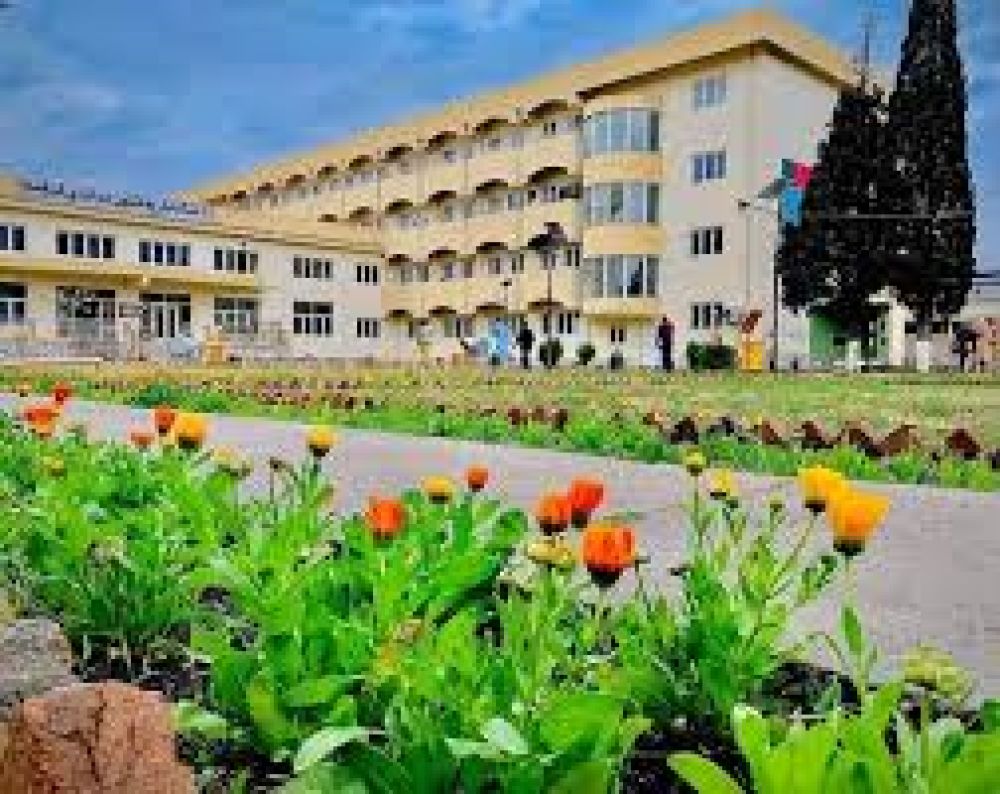

Nangarhar University, situated in the vibrant city of Jalalabad in eastern Afghanistan, is not just a center for higher education but also a locus of cultural heritage which has witnessed historical turmoil and triumph. Although the region itself is steeped in history, tourism to the university and Jalalabad has been a more recent development, primarily due to the political and social challenges faced by the country.
Tourism at Nangarhar University has been sporadic and primarily academic-centric due to Afghanistan's challenging security environment over the past several decades. The university, founded in 1962, has been an intellectual beacon in the region, but visits by tourists have been limited to safer and more stable periods in the country's history.
During the 1960s and 70s, Afghanistan saw a surge in tourism, with visitors exploring the country's rich culture, history, and landscapes. Although most tourists concentrated on areas like the Bamiyan Buddhas or the Panjshir Valley, some academics and cultural enthusiasts also took an interest in institutions like Nangarhar University as part of their broader exploration of the country. However, following the Soviet intervention in 1979 and the subsequent decades of conflict, tourism to places like Jalalabad saw a drastic decline.
In recent years, there has been a rising trend in community-based tourism, where tourists are looking for authentic and local experiences. This trend has the potential to positively impact regions like Jalalabad, as more adventurous and culturally inclined visitors seek out undiscovered gems beyond the well-trodden tourist paths. Nevertheless, tourism in Afghanistan remains heavily influenced by the security situation, which fluctuates over time.
Heritage and Academic Tourism: Some tourism initiatives focus on Afghanistan's rich heritage, which could include visits to historic universities like Nangarhar University. Academic tourism is an emerging possibility, as scholars and students from around the globe express interest in the unique perspective that Afghan institutions provide on subjects ranging from Central Asian studies to Islamic history.
Eco-tourism: Additionally, with Jalalabad's proximity to the Kabul River and the fertile lands of the Nangarhar province, eco-tourism is another area that holds promise. Sustainable tourism practices might encourage visits to the region, focusing on the unique ecosystem and the preservation of local culture and heritage.
Tourism to places like Nangarhar University faces numerous challenges, primarily security and infrastructure. Despite this, efforts have been made by local communities and non-governmental organizations to stabilize regions and promote tourism that supports local development and educational institutions. The resilience of the Afghan people and the rich cultural heritage of the region suggest a potential for tourism growth, should conditions improve.
Future tourism development strategies in Afghanistan could include fostering partnerships between educational institutions like Nangarhar University and international cultural and academic organizations. Such efforts would aim to responsibly promote heritage tourism that benefits both visitors and the local community, while also ensuring the preservation of the region's cultural and academic legacy.
The story of tourism at Nangarhar University and in Jalalabad is still being written. With peace and stability, this institution could become a beacon for tourism that celebrates Afghanistan's academic heritage and cultural richness.